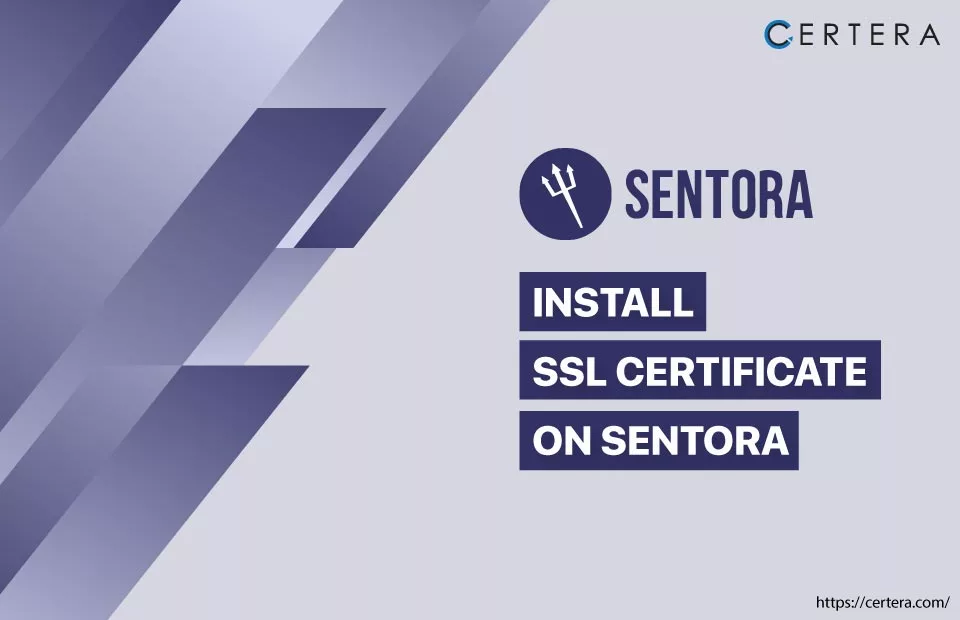How to Install an SSL Certificate on Sentora Control Panel

Install an SSL Certificate on Sentora with these Easy Steps
Sentora is a free and open-source web hosting control panel that allows you to manage multiple websites and domains from a single dashboard. Being an important platform, it becomes crucial to install an SSL certificate on it. Not many know it, so we have made this short and easy guide to installing an SSL certificate on the platform.
Sentora Control Panel only accepts SSL from trusted Certificate Authorities. Hence make sure to purchase SSL certificates from trusted CAs like Comodo, Sectigo and Certera.
How to do CSR Generation for Sentora?
To generate a CSR on Sentora Control Panel, you can use a CSR Generator Tool which is an automated process. If you prefer to generate the CSR by yourself, you can do it manually.
After generating CSR open it with any text editor of your choice and copy its contents, including the — BEGIN CERTIFICATE — and — END CERTIFICATE — tags into the corresponding box during the SSL order process.
Wait for the SSL Certificate to arrive in your inbox.
Your SSL certificate provider will send you three separate files: your server SSL certificate (domain_com.crt), your CA root certificate (CaRoot.crt), and your Intermediate CA certificate (name varies based on provider).
However, some SSL providers will combine the root & intermediate certificates into a single CA Bundle file. If your provider sends you separate root and intermediate certificates, you must merge them into a single plain text document using a text editor such as Notepad.
After copying & pasting the code from both files, save the documents you have merged as domain_com.ca-bundle.crt, ensuring that there are no blank spaces available in the file. Lastly, you need your CSR file (domain_com.csr).
Steps to Install SSL Certificate on Sentora Control Panel
Follow these steps to install your SSL Certificate on Sentora:
- Log in as the root user by running the sudo or su commands in the terminal.
- Activate the Certificate using following command.
a2enmod ssl- Restart Apache by running the command
service apache2 restart- Create the necessary links for mods by running the commands:
ln -s /etc/apache2/mods-available/ssl.conf /etc/apache2/mods-enabled/ssl.conf
ln -s /etc/apache2/mods-available/ssl.load /etc/apache2/mods-enabled/ssl.load- Copy and paste the code below into the Global Sentora entry, replacing the placeholders with your actual certificate and domain names:
##################################################
# Apache VHOST configuration file
# Customized entries for Sentora
##################################################
NameVirtualHost *:443
# Configuration for Sentora control panel.
SSLEngine on
SSLProtocol SSLv3
SSLCertificateFile /etc/apache2/ssl/yourdomain.crt
SSLCertificateKeyFile /etc/apache2/ssl/yourdomain.key
ServerAdmin zadmin@localhost
DocumentRoot "/etc/Sentora/panel/"
ServerName id-network.org
ServerAlias Sentora.id-network.org
Redirect Permanent / https://Sentora.id-network.org/
- Finally, restart Apache by running the command
sudo service apache2 restartCongratulations, your SSL Certificate has been successfully installed on Sentora, and you can now access your panel via HTTPS. It is recommended to test your SSL installation using SSL Checker Tool to ensure there are no errors or vulnerabilities.

